Ronaldo Wieselberg,
Brazil
Ronaldo Wieselberg,
Brazil
Having been diagnosed at the age of two, I don’t remember life before diabetes. What I do remember are all the changes in my treatment that have occurred since then. In 1993, diabetes treatment was very different from what it is now. Multiple insulin dose therapy was relatively new and not commonly prescribed and technology to deliver insulin and monitor blood glucose levels was much less technologically advanced.
Adolescence was a particularly challenging time for me. Fear of blame and criticism from others led me to hide my blood glucose results and neglect my diabetes care. Things improved when I started to attend diabetes camps and meet other young people living with diabetes, sharing experiences and supporting one another. When I was 17, a friend living with diabetes died of DKA. This completely changed my life and led me to devote myself to helping avoid as many diabetes-related deaths as I can.
A friend's death from DKA completely changed my life and led me to devote myself to helping avoid as many diabetes-related deaths as I can.
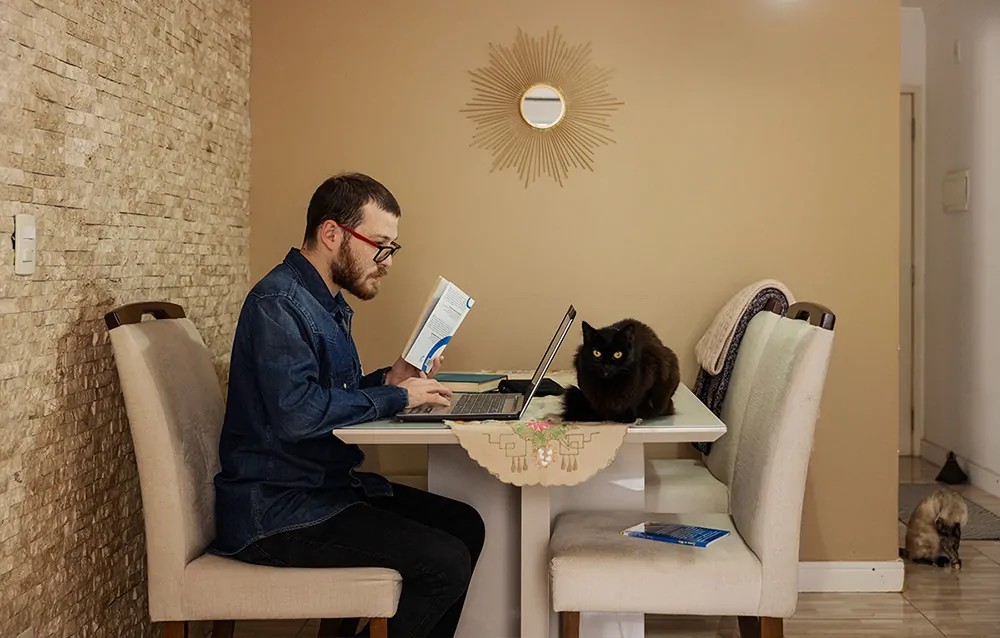
Living through Covid-19 has also been a challenge. As a physician on the front line of the pandemic, I was confronted with daily life and death decisions in a health system at breaking point. This resulted in depression that required medical and psychological support. I got through it with small things like playing with my cats and reading, which helped a lot.
I think it’s important for health professionals to understand the person living with diabetes and make the effort to explain how a decision regarding their therapy and treatment will benefit them.
“I think it’s important for health professionals to understand the person living with diabetes and make the effort to explain how a decision regarding their therapy and treatment will benefit them.”
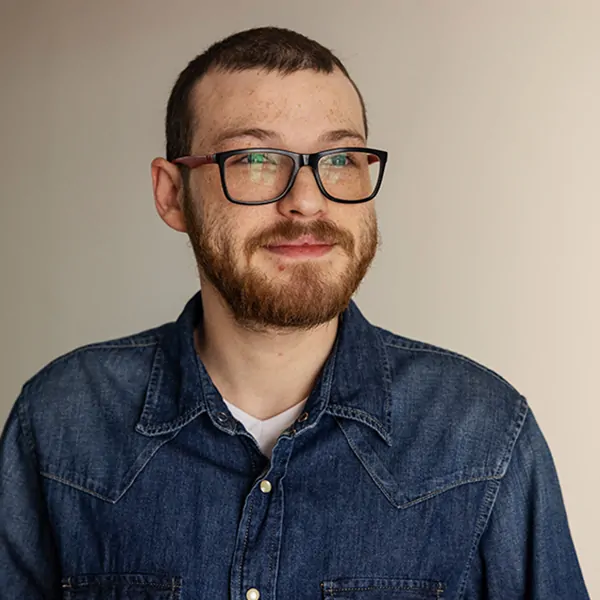
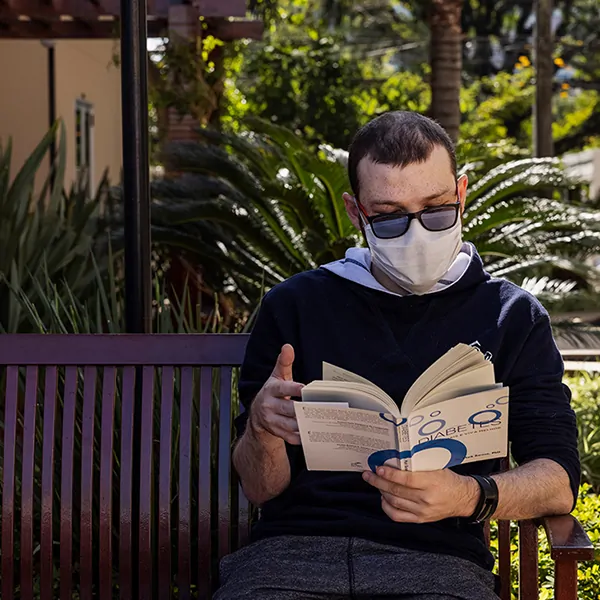
More inspiring stories from across the world
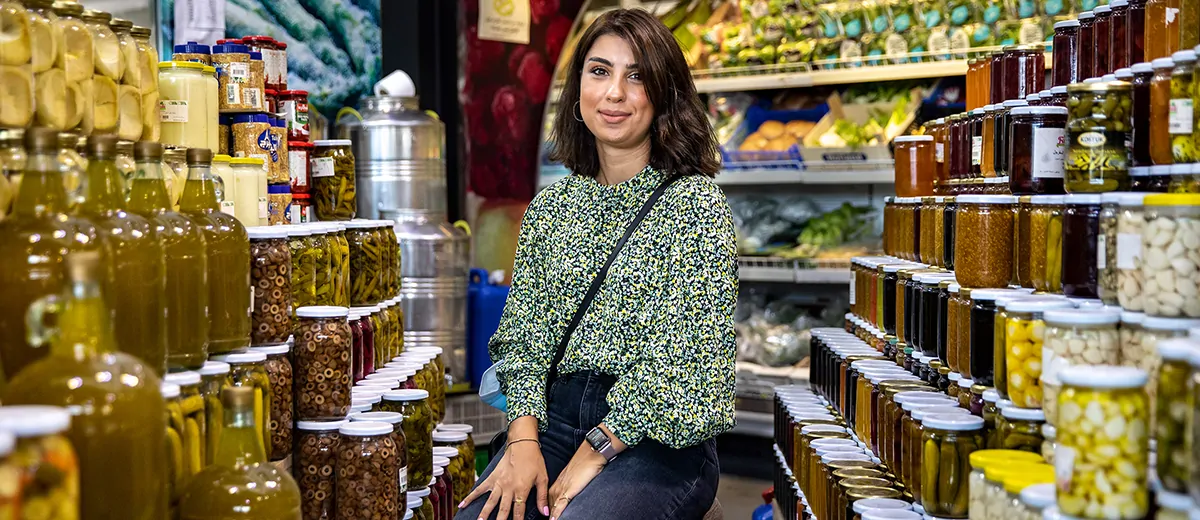
Cyrine Farhat
Cyrine Farhat
Diabetes took away a lot of the freedom that I felt I needed growing up.

Tazul Islam
Bangladesh
Tazul Islam
My diagnosis had a huge impact on me, my family and friends.
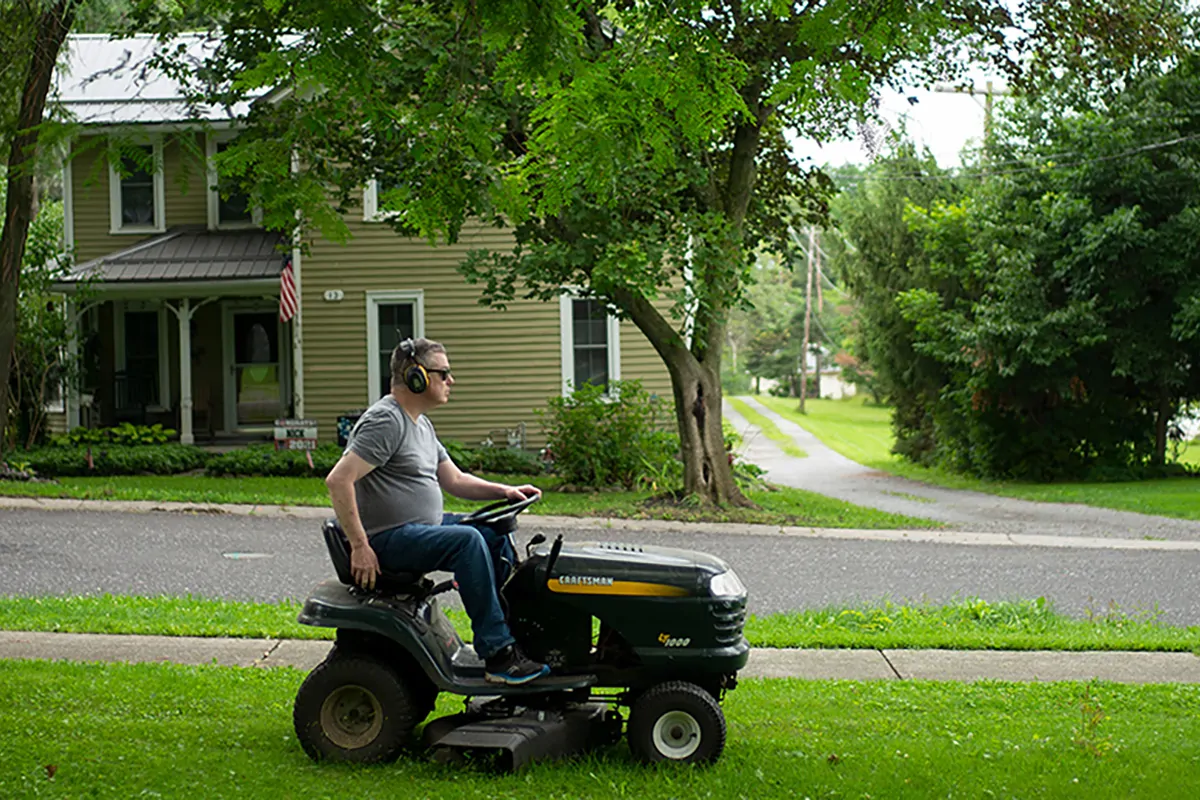
Michael Donohoe
USA
Michael Donohoe
Time has provided perspective and now that I live with multiple complications and related conditions, I am less anxious and more focused on what I can do to help others.

Cyrine Farhat
Cyrine Farhat
Diabetes took away a lot of the freedom that I felt I needed growing up.

Tazul Islam
Bangladesh
Tazul Islam
My diagnosis had a huge impact on me, my family and friends.

Michael Donohoe
USA
Michael Donohoe
Time has provided perspective and now that I live with multiple complications and related conditions, I am less anxious and more focused on what I can do to help others.